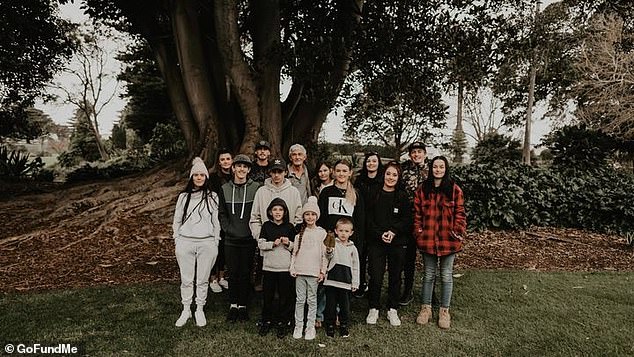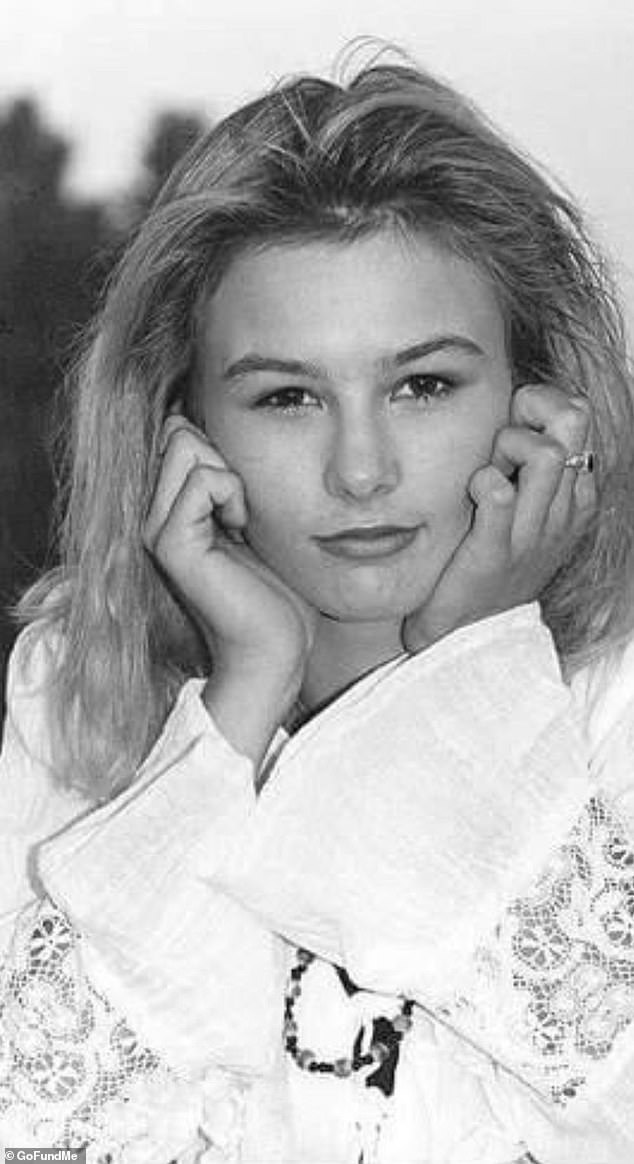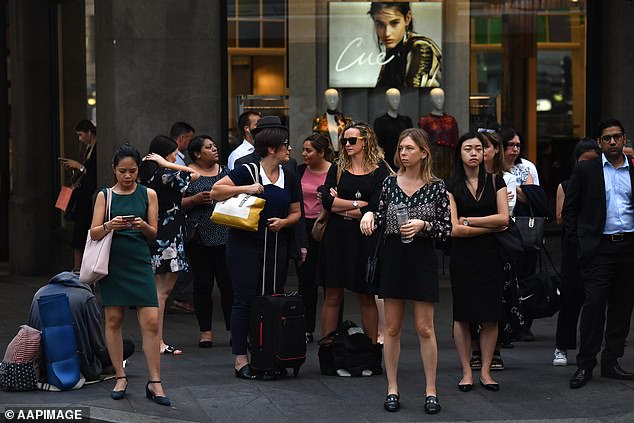Julie Theobald dies suddenly from common illness – leaving behind 13 children
An Australian mother of 13 has died after a case of flu turned fatal.
Victorian woman Julie Theobald was admitted to an intensive care unit in Melbourne on June 10 after her flu worsened and turned into pneumonia.
Jessica Theobald said her mother, who had underlying health conditions, was flying on a plane for the first time when she was taken to the hospital.
After two weeks in the ICU, Julie died in hospital at the age of 47.
“We are all extremely shocked and heartbroken by this news, we could never have imagined that we would lose our mother so early,” Jessica wrote. GoFundMe.
Victorian woman Julie Theobald (pictured) was admitted to an intensive care unit in Melbourne on June 10 after her flu worsened and turned into pneumonia

She leaves behind 13 children
“My mother is survived by thirteen wonderful children, ranging in age from seven to 31 years old, and her devoted husband/our father, Billy.”
Nearly $6,000 has been raised to date to help cover Julie’s funeral costs.
Warning for Australians about flu – and how to protect yourself
Epidemiologist Professor Catherine Bennett told Daily Mail Australia that people of any age and condition can become ill from a ‘nasty’ bout of flu.
“It may not get them into hospital, but if the pneumonia develops, they could end up there,” says the chair of epidemiology at Deakin University.
‘I think everyone probably knows young, fit, healthy adults who end up in hospital with flu, so it’s definitely something everyone should avoid.
‘When you’re with other people who you don’t normally interact with it’s about trying to keep your distance and being aware of ventilation, wear a mask if you’re in crowded areas, all those things help protect against these conditions .’

Victorian woman Julie Theobald (pictured in her youth) was admitted to an intensive care unit in Melbourne on June 10 after her flu worsened and turned into pneumonia
Dr. Bennett said a spike in flu hospitalizations meant Australia could expect a longer flu season this winter.
“The flu is still flaring,” she explained.
‘So it appears that Covid may be transitioning to influenza when it comes to the dominant causes of potentially serious respiratory illness at the moment.
‘The number of people coming to A&E is heading towards a crossover where flu may occur in even greater numbers than Covid, if you look at the number of people being admitted.
‘In New South Wales that number is now approaching 200 per week for flu and falling to 200 per week for Covid.’
Dr. Bennett said the winter flu surge was increasing earlier than in recent years.
‘EThis year it seems like it has been postponed and the worst is yet to come,” she said.
“So it’s a good time to get the message out to people.”

Dr. Catherine Bennett said a spike in flu hospitalizations meant Australia could expect a longer flu season this winter (pictured, Sydney office workers)
The epidemiologist urged Australians to get an updated flu vaccine.
‘Flu vaccines don’t last longer than six months. They are not that different from Covid in terms of providing the best protection for the first six months,” she said.
‘It’s also the vaccines that target the variance you’re likely to encounter, which can change from year to year. That’s why having an up-to-date flu shot is the most important thing to help reduce risk.
“Maybe it might not completely stop you from getting the flu, but… it’s about preventing serious disease, and that’s what we want, especially for people with underlying conditions.”
Dr. Bennett also recommended wearing a mask in crowded areas, being aware of ventilation and keeping your distance from new people.
